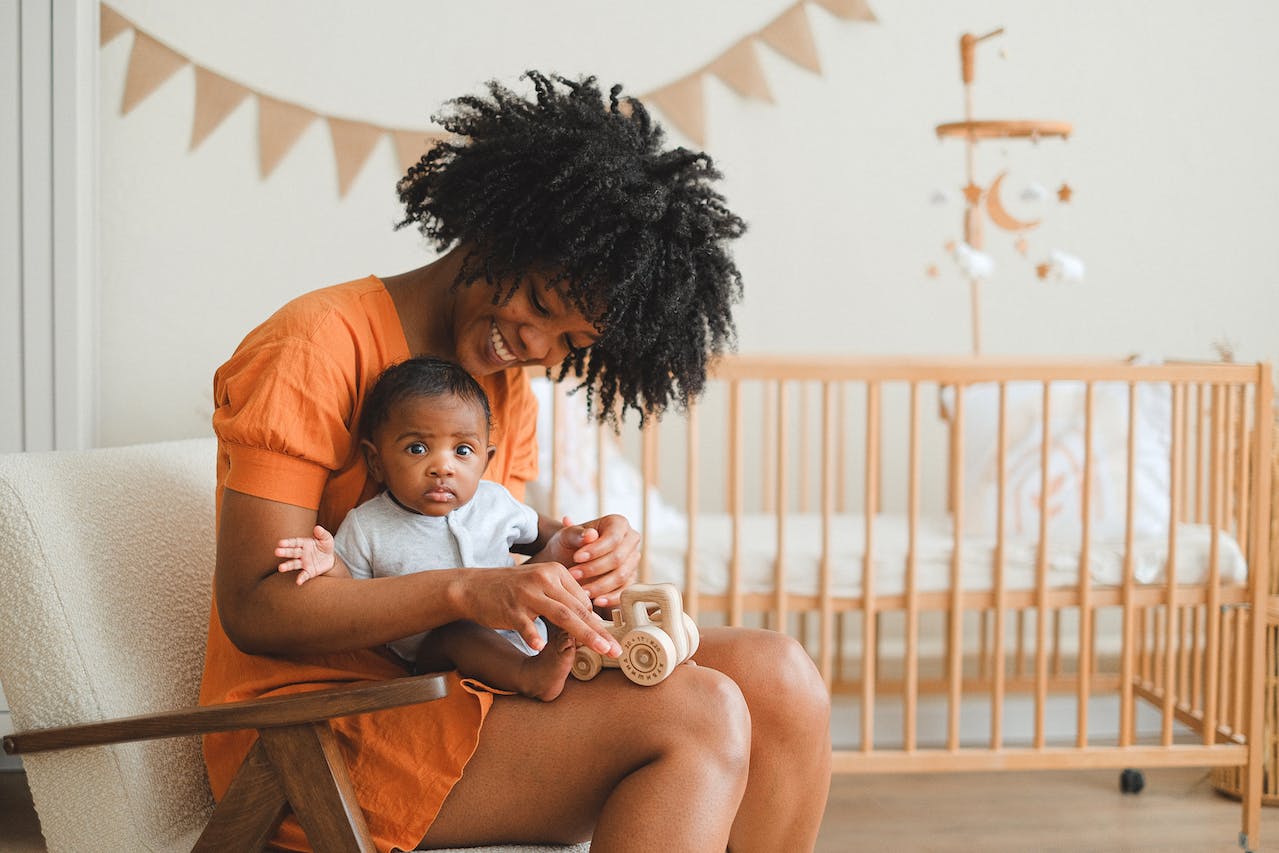One of the beautiful parts of my Nigerian culture, after a baby is born, is the “Omugwo” practice (Yoruba people call it “Ojojo Omo”). It’s a time when a family member, typically the grandmother, takes care of a new mother and her baby and offers support in the period after childbirth. Omugwo can be done during the first 40 days of a child’s life or longer.
Nigerian cultures are so blessed that each cultural practice surely holds a significant meaning but despite the many well-meaning cultural practices, I have always wondered how some of these practices impact the new mums’ mental health. In my culture, there’s an age-old tradition of baby-bath acrobatics, the infamous baby toss during bath time. Baby boys are thrown up nine times, and girls, seven times.

I learnt that this is done to remove fear from the hearts of the children. There are also deep massages to strengthen the baby’s body parts. Without the “omugwo”, I always wonder how a new mum, still recovering from the marathon of childbirth, would suddenly face this age-old tradition and other childbirth practices such as bathing the baby with palm oil and local sponge to prevent body odour, using hot lanterns, toothpaste, hot knife, and hot water presses for the umbilical cord, engine oil for circumcision, the new mum sitting on a wooden stool for 15 hours a day, palm wine for milk production.
There’s also the agbo – the herbal mix that is supposed to work wonders and fix all existing and future.
















